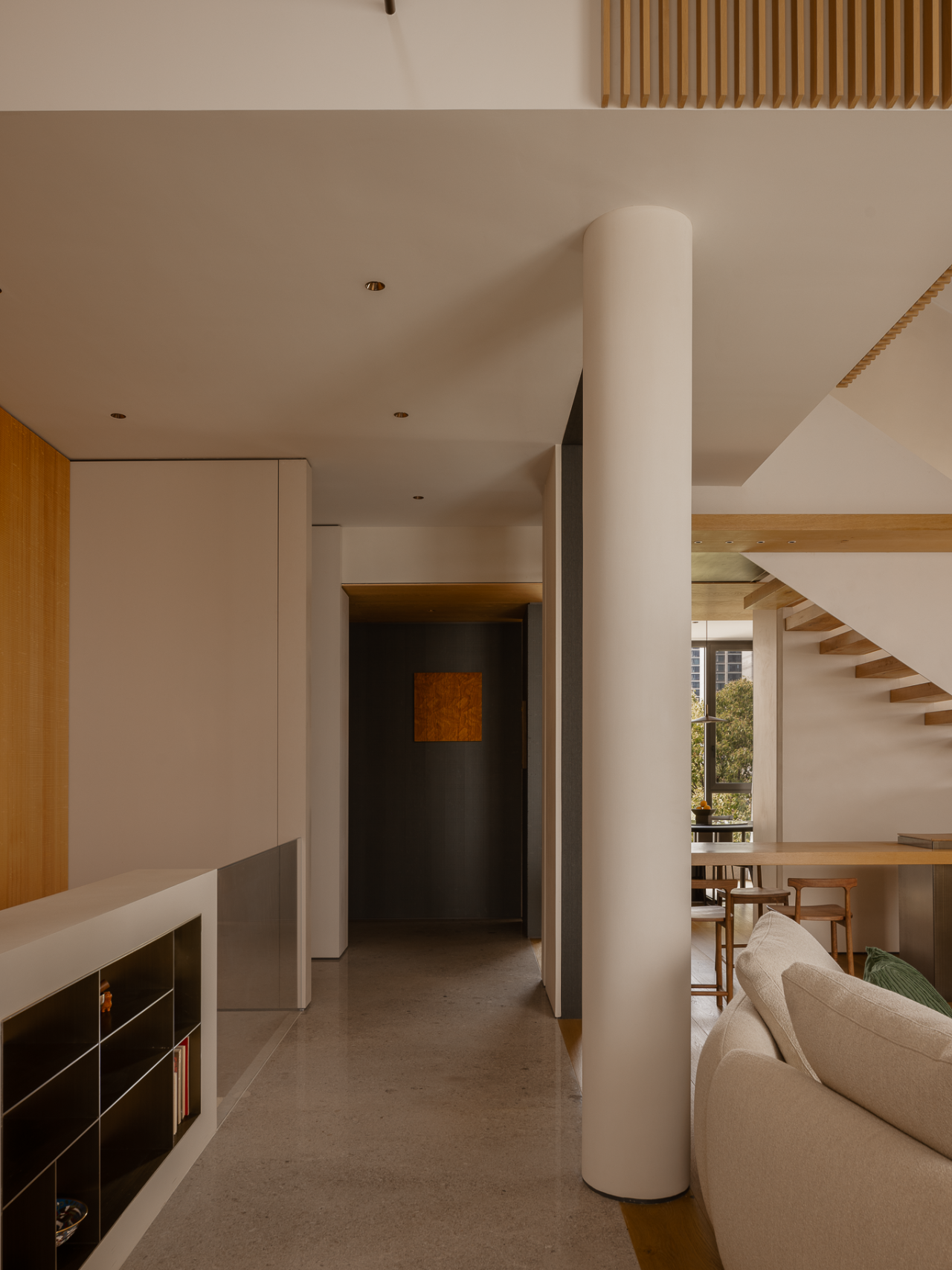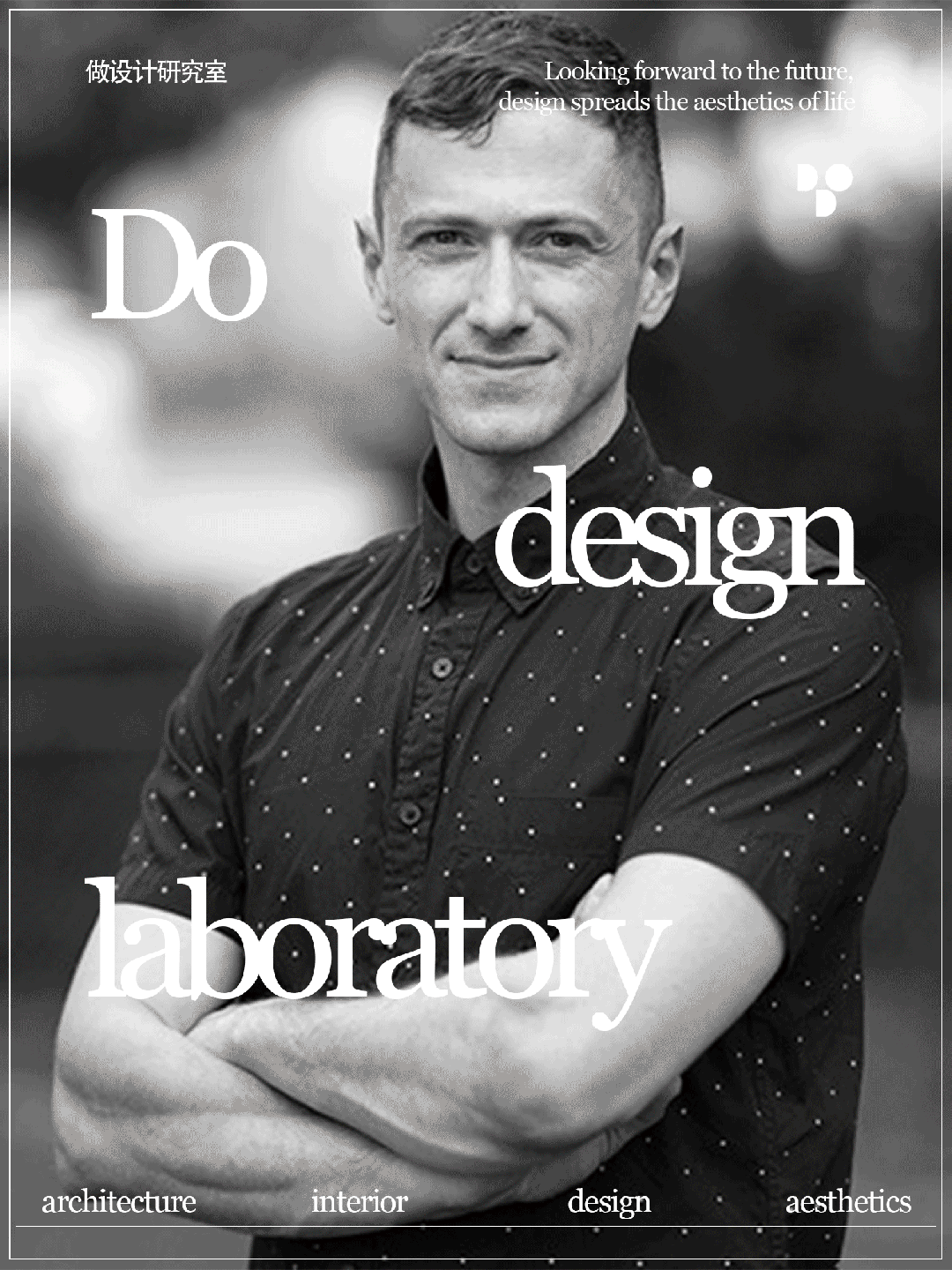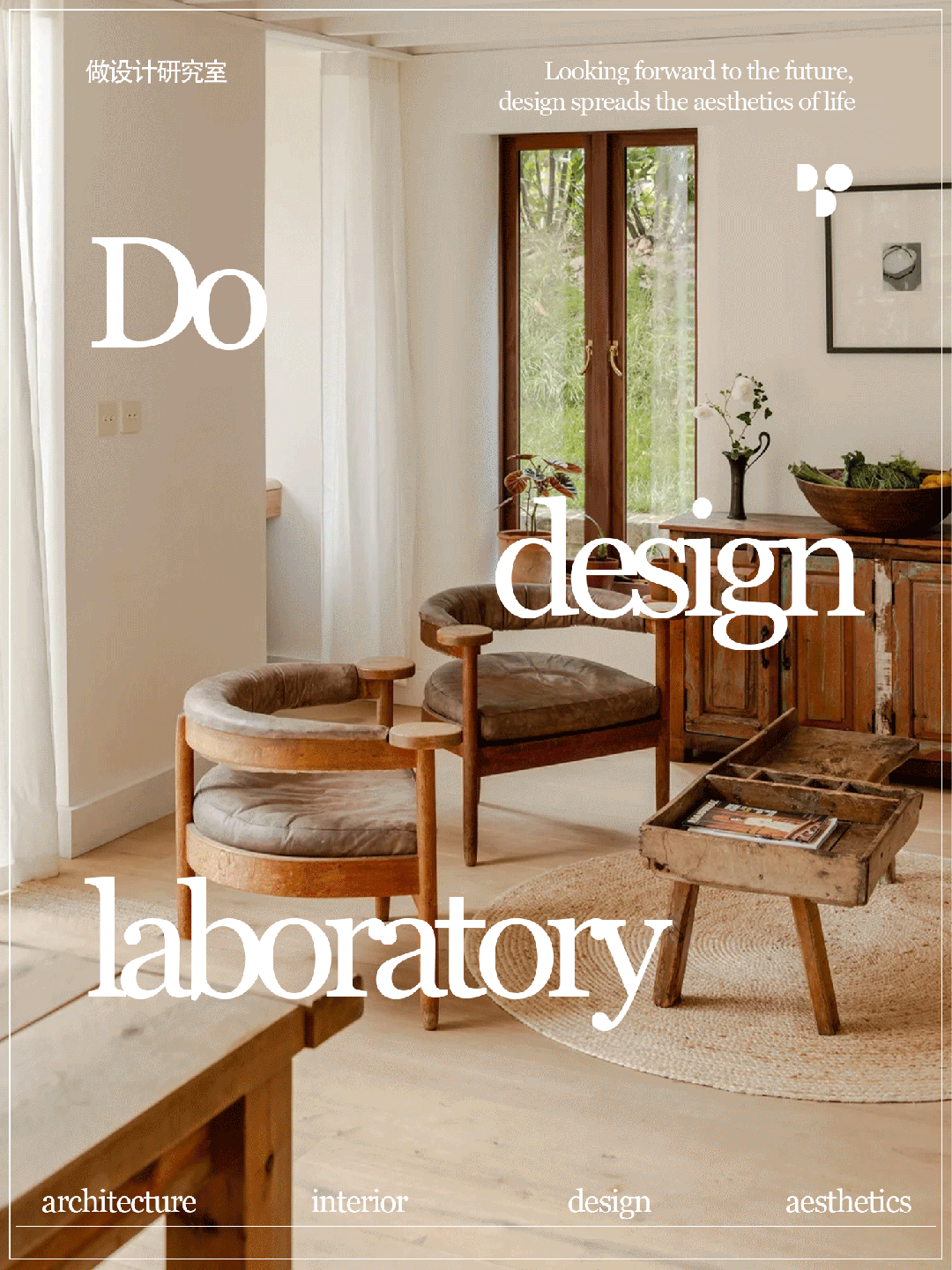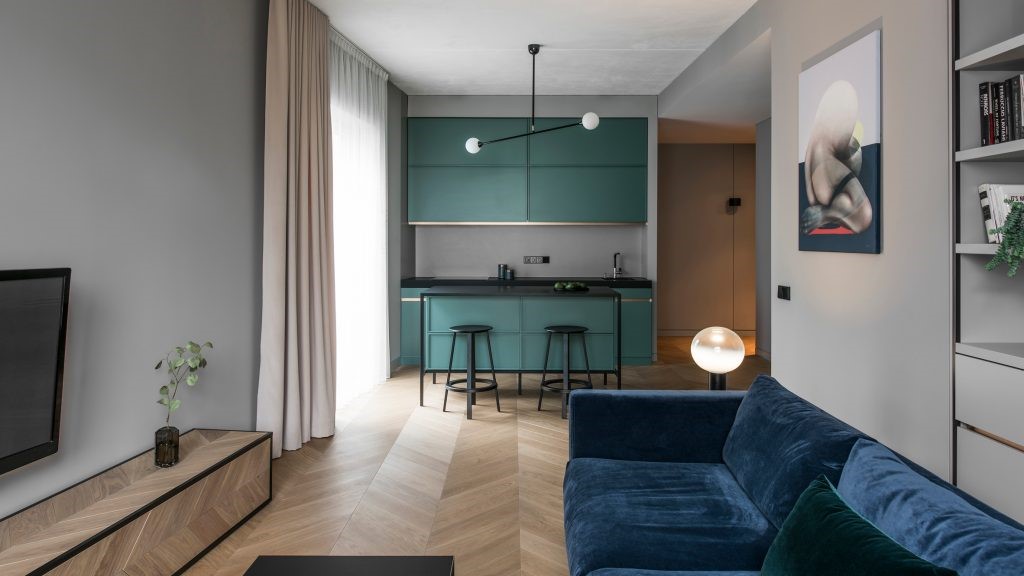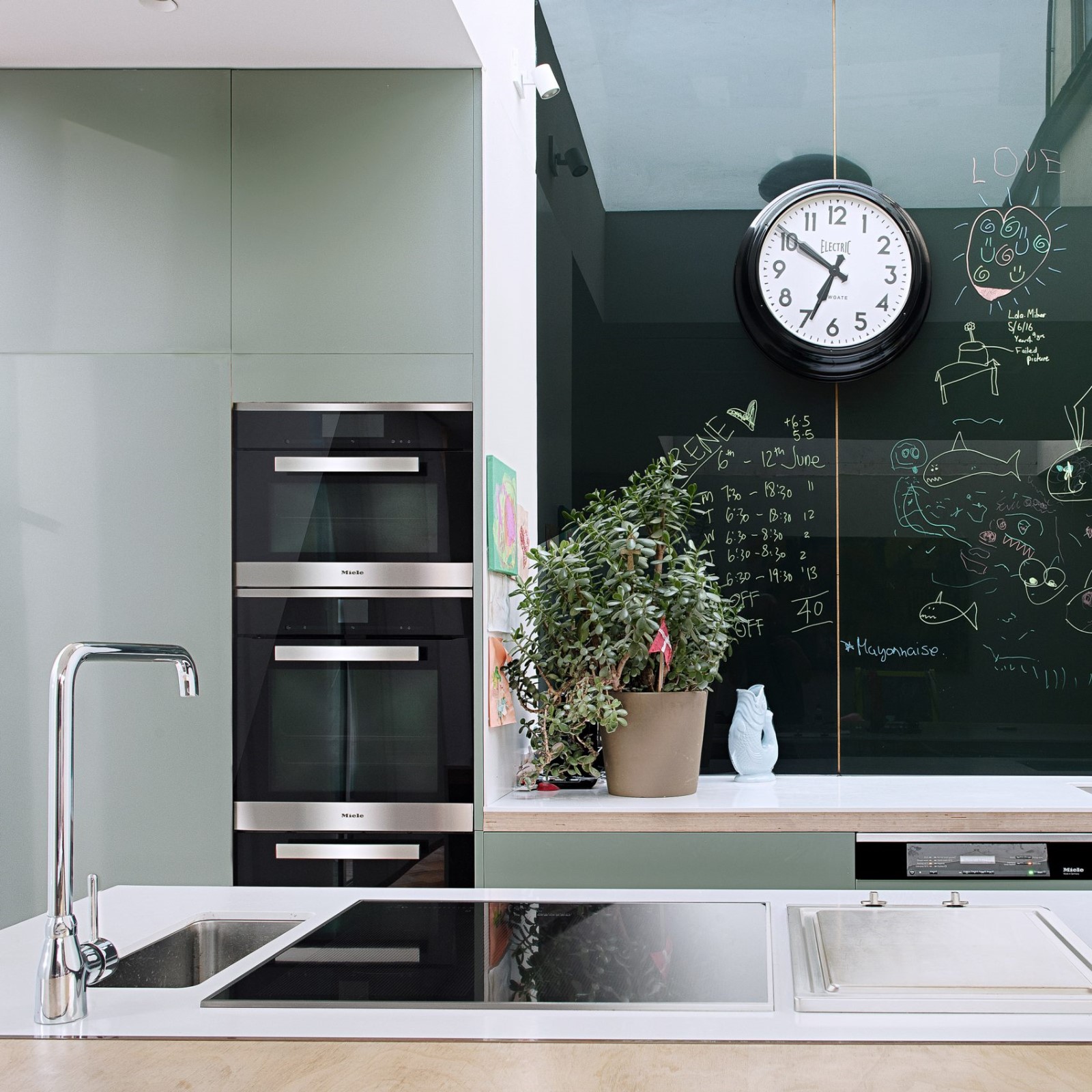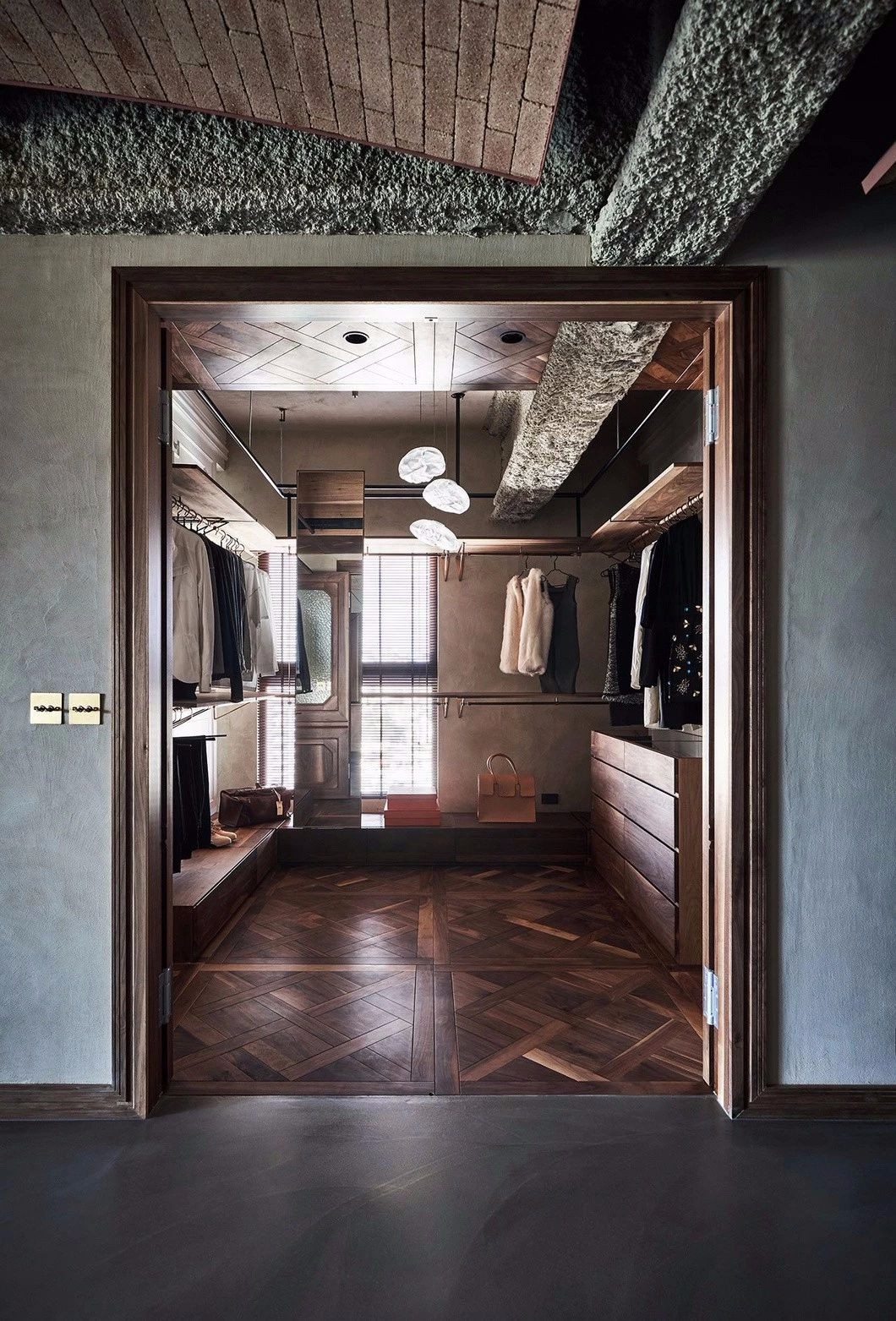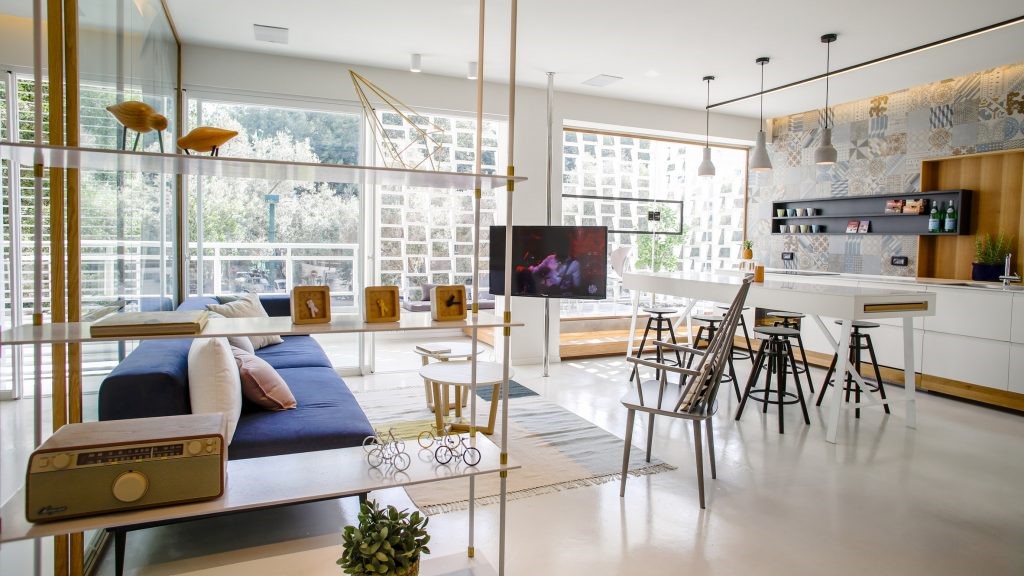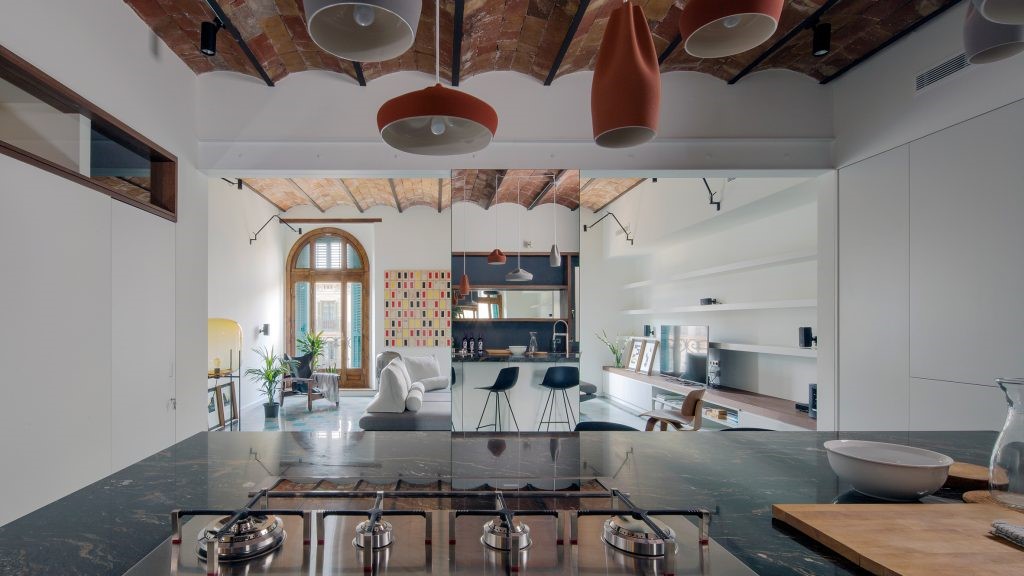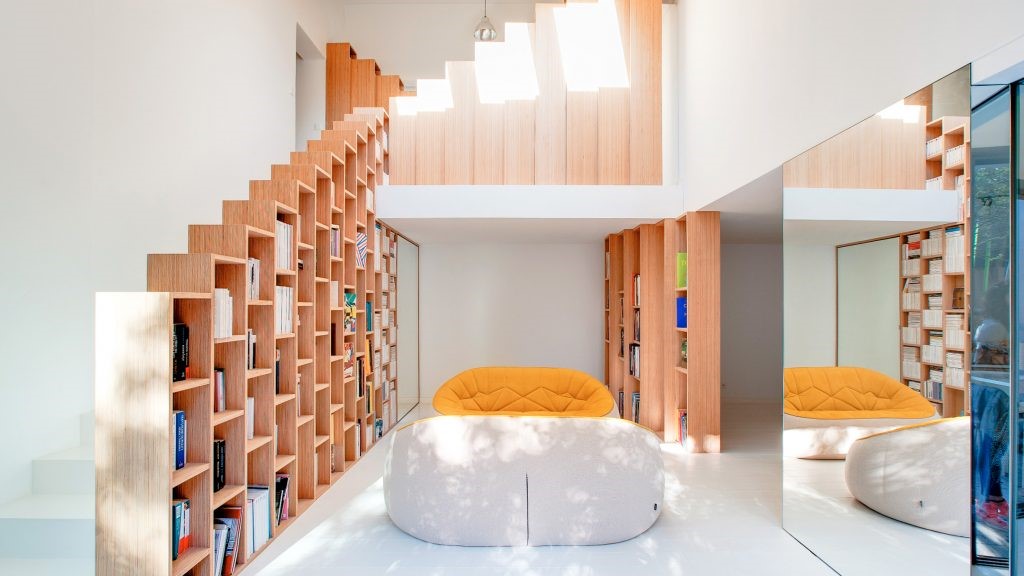一间被人遗忘的包豪斯式公寓重获新生 首
2020-11-01 17:48
Tel Aviv is famous for its ubiquitous Bauhaus-style buildings which were designed in the interwar period by German-Jewish architects fleeing prosecution. While the city’s architectural heritage is certainly a great asset, it also poses questions of preservation and modernization due to the advanced age of building stock and the often parochial interior layouts. This 1930s thoughtfully renovated apartment in the heart of Tel Aviv tackles both issues head on. Having to deal with a compact size in addition to its neglected state and awkward configuration, local practice
WE Architects
boldly rejigged the space into a contemporary apartment of effortless sophistication without most crucially effacing its modernist sensibility and nostalgic charm.














The apartment’s original layout comprised two equally sized rooms linked by a common balcony, a tiny, windowless kitchen, and a small, mouldy bathroom with a separate toilet. Led by the Studio’s founder Efrat Weinreb, the team radically re-configured the space, creating an open plan living, dining and kitchen area by incorporating the entrance hallway and parts of the front balcony, expanding the bathroom by appropriating a small balcony onto the back of the building, and turning the blind kitchen into a study room, complete with internal windows introducing natural lighting. The radical redesign of the spatial arrangement was also then matched by major structural reinforcements including additional columns.


















Underpinned by an aesthetic of contemporary minimalism and a focus on functionality, the no-fuss interior design imbues the apartment with a sense of spaciousness and comfort. In the open plan living space, a sleek kitchen island that turns into a dining table notionally divides the space into two zones. In the bedroom, which has also been extended onto parts of the balcony, the wardrobe has been playfully designed to accommodate an existing window, while the design of the headboard cleverly deals with an existing column as well as provides storage and shelving.










The same attention to detail and ergonomic design can be found in the bathroom, where a discrete storage unit conceals the washing machine, water tank, and laundry and cleaning supplies as well as provides shelving for both functional and decorative objects. At the back, a former curved balcony now accommodates a spacious shower room that is flooded in natural lighting courtesy of large fluted glass windows. Fluted glass has also been incorporated into the windowless study room to allow daylight from the front of the building to flood in. And it is gestures such as these that encapsulate, as Weinreb explains, a meticulous architectural approach that marries the clients’ practical needs with the architect’s design fantasies.

























